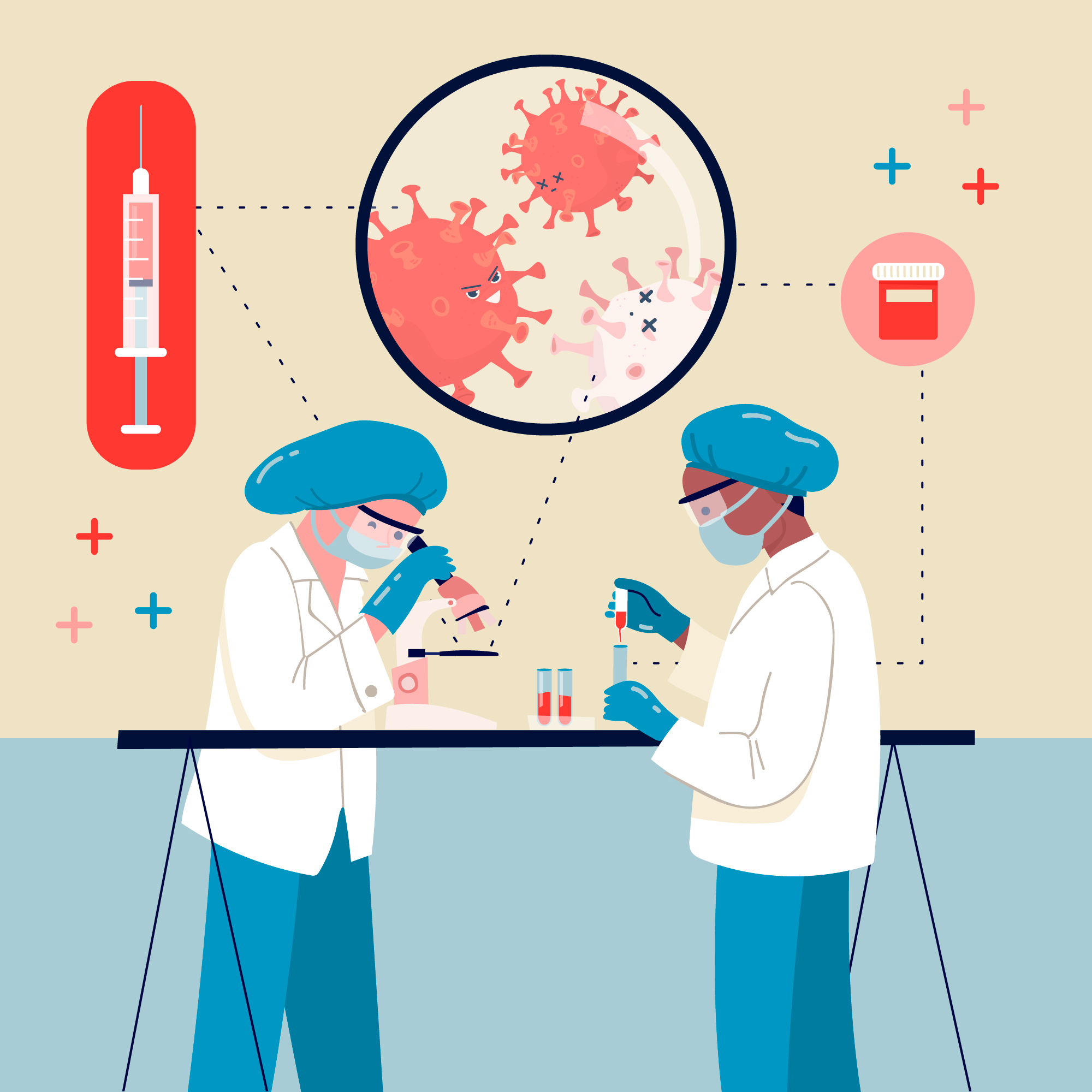Breast cancer remains a major cause of death globally, but its characteristics and outcomes vary across populations. In Nigeria, breast cancer presents unique biological patterns that highlight significant challenges for treatment and diagnosis. A recent pilot study at Metaphor Laboratory examined 30 breast cancer cases that revealed critical findings about tumour types, hormone receptor status and molecular subtypes.
These insights are essential for improving breast cancer care in Nigerian women, where aggressive tumours like triple-negative breast cancer (TNBC) are more prevalent.
Key Findings
The study found that 97% of cases were invasive ductal carcinomas, the most common type of breast cancer. Alarmingly, 50% of tumours were high-grade; aggressive and rapidly growing.
The prevalence of TNBC, a difficult-to-treat form of breast cancer, was notably high at 40%. Hormone receptor positivity rates were lower than in Western populations. Only 43% of tumours were estrogen receptor-positive, and just 10% were progesterone receptor-positive. HER2 positivity, which allows for targeted therapy, was observed in only 20% of cases.
Challenges and Recommendations
There is an urgent need for tailored approaches in Nigeria, where limited access to advanced diagnostic tools and therapies impacts outcomes. Early screening programs, targeted treatments for HER2-positive cases and further genetic research into TNBC could improve survival rates.
Addressing socioeconomic barriers, investing in healthcare infrastructure and raising awareness will be crucial in closing the treatment gap for Nigerian women battling breast cancer.
Conclusion
This research contributes to empirical evidence of what has long been observed anecdotally about the aggressive nature of breast cancer in Nigerian women. It emphasizes the importance of accessible, targeted healthcare solutions.
For policymakers, healthcare providers and researchers, these findings are a call to action. Understanding the biology of breast cancer in this diverse population is key to achieving better outcomes.
Read the full research paper here: Evaluation of the biological characteristics of breast cancer in women from Nigeria: A non-interventional pilot study
